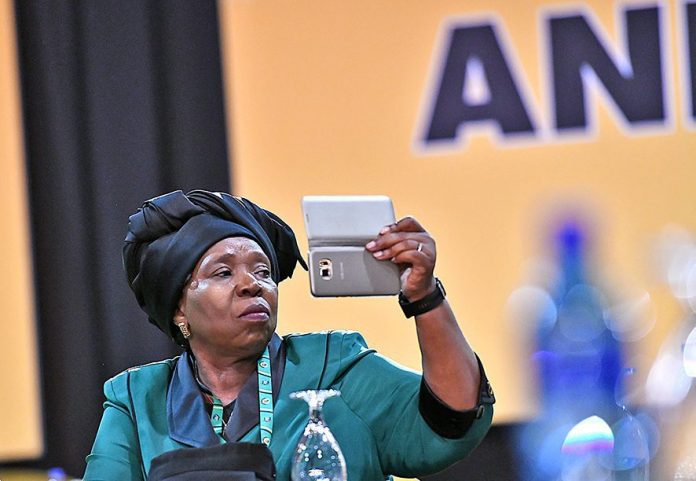Minister of Cooperative Governance and Traditional Affairs, Nkosazana Dlamini-Zuma, will have to explain why certain decisions were made during the Covid-19 national state of disaster.
This comes after Sakeliga’s court victory ordering the minister to hand over a variety of records requested by the company in 2020.
Among the regulations, the sale of cigarettes was banned as was alcohol, shooting up illegal trade.
Sakeliga is a club of businesses, professionals and investors me “together taking up their constitutional duty to resist state power, help establish a just commercial order, and form thriving trade and financial networks”.
In a statement on Thursday Sakeliga said: “The court victory concludes a two-year litigation battle, and the records Dlamini-Zuma must now produce relate to decision-making processes followed in 2020 to place the country under lockdown and make the erratic extensions thereof.
“These lockdowns and other measures did unprecedented harm to economic and social activity.
“The public will now be able to see for themselves for what apparent reasons Dlamini-Zuma and her department imposed police state conditions on the public to ensure people stayed in their homes, schools and universities remained closed, churches could not congregate, and businesses remained shut.
“As information about the damage caused by Covid restrictions emerges over time, Sakeliga now expresses the hope that members of the public will use records produced in our court victory as an impetus and grounding to hold the government to account for harmful decisions of the past and to prevent such egregious abuses of power reoccurring in the future.”
Dlamini-Zuma has until December 9 to deliver the records, which includes all records, reasons, reports, findings, deliberations, communications, memoranda and/or further documentation relied upon by the minister.
It said should Dlamini-Zuma claim that the records to be provided in terms of the court order do not exist, such a reaction would confirm suspicions that improper and arbitrary decision-making processes were followed in making Covid regulations.
“Even more so, in that case, it would mean that the government must and can now be called to account for gravely irresponsible actions.”
Sakeliga said it was still engaged in two other cases that seek to prevent future abuses of power in relation to communicable diseases: “A court application in the high court in Pretoria to prevent the Disaster Management Act from being misused in the future to enforce draconian measures through regulation-making.
“A court case which already succeeded in June in eliminating mandatory mask-wearing, mandatory vaccinations, and Covid travel requirements, and is still ongoing to prevent future attempts at invasive health monitoring.”
It concludes that it would consider proceeding with an application to hold Dlamini-Zuma guilty of contempt of court if she fails to produce the relevant records by the deadline date.
To read more political news and views, click here.
Follow @SundayWorldZA on Twitter and @sundayworldza on Instagram, or like our Facebook Page, Sunday World, by clicking here for the latest breaking news in South Africa. To Subscribe to Sunday World, click here.



